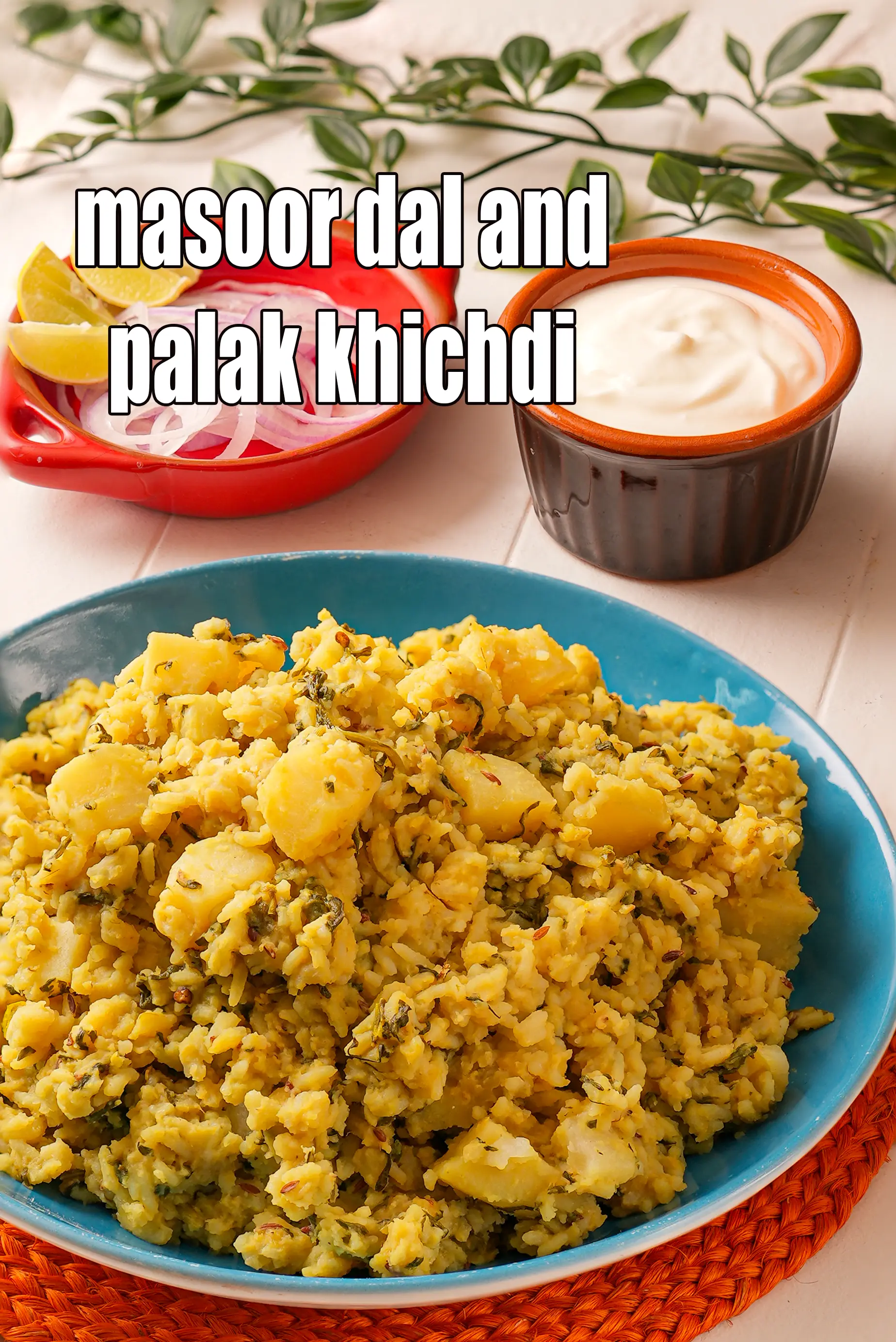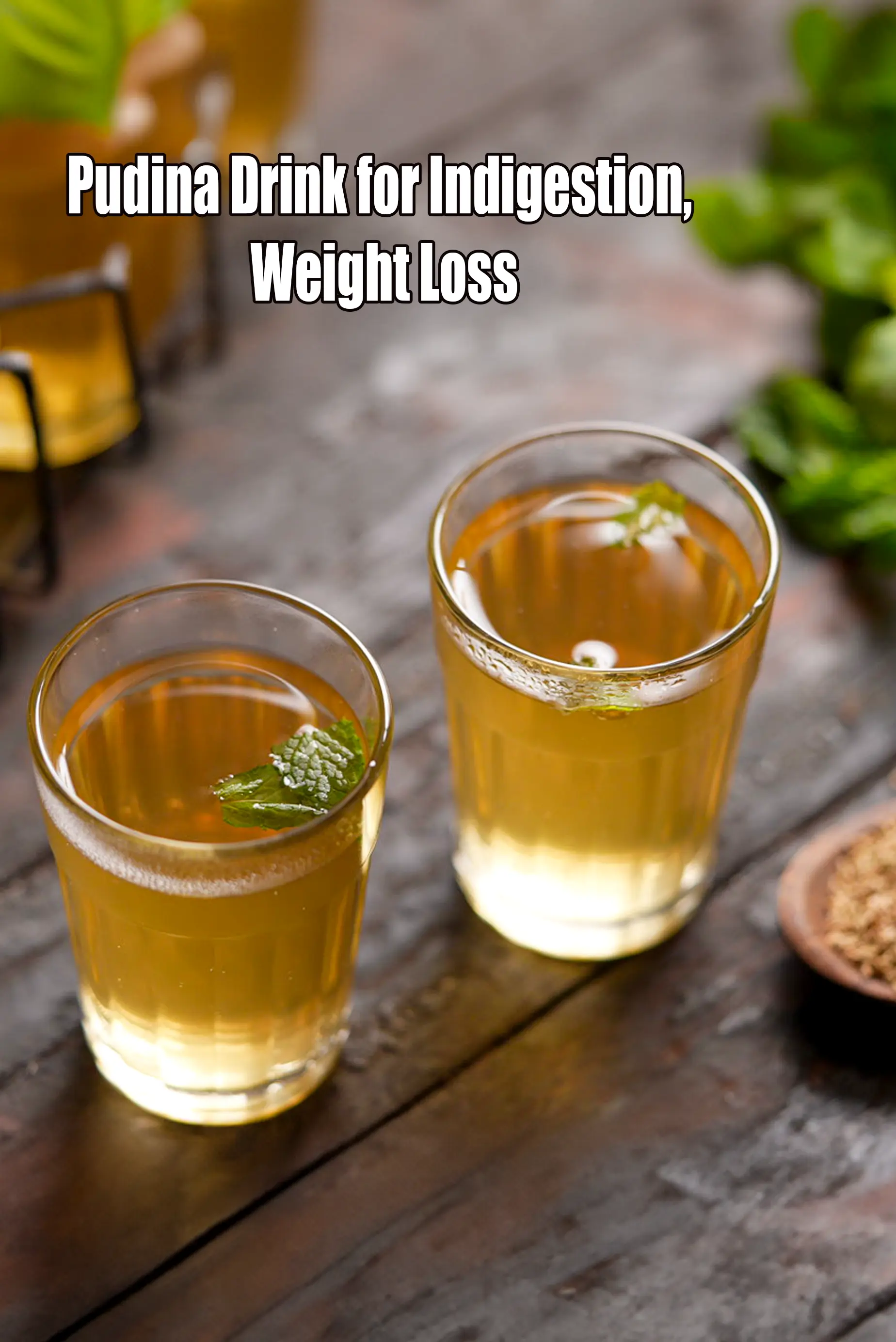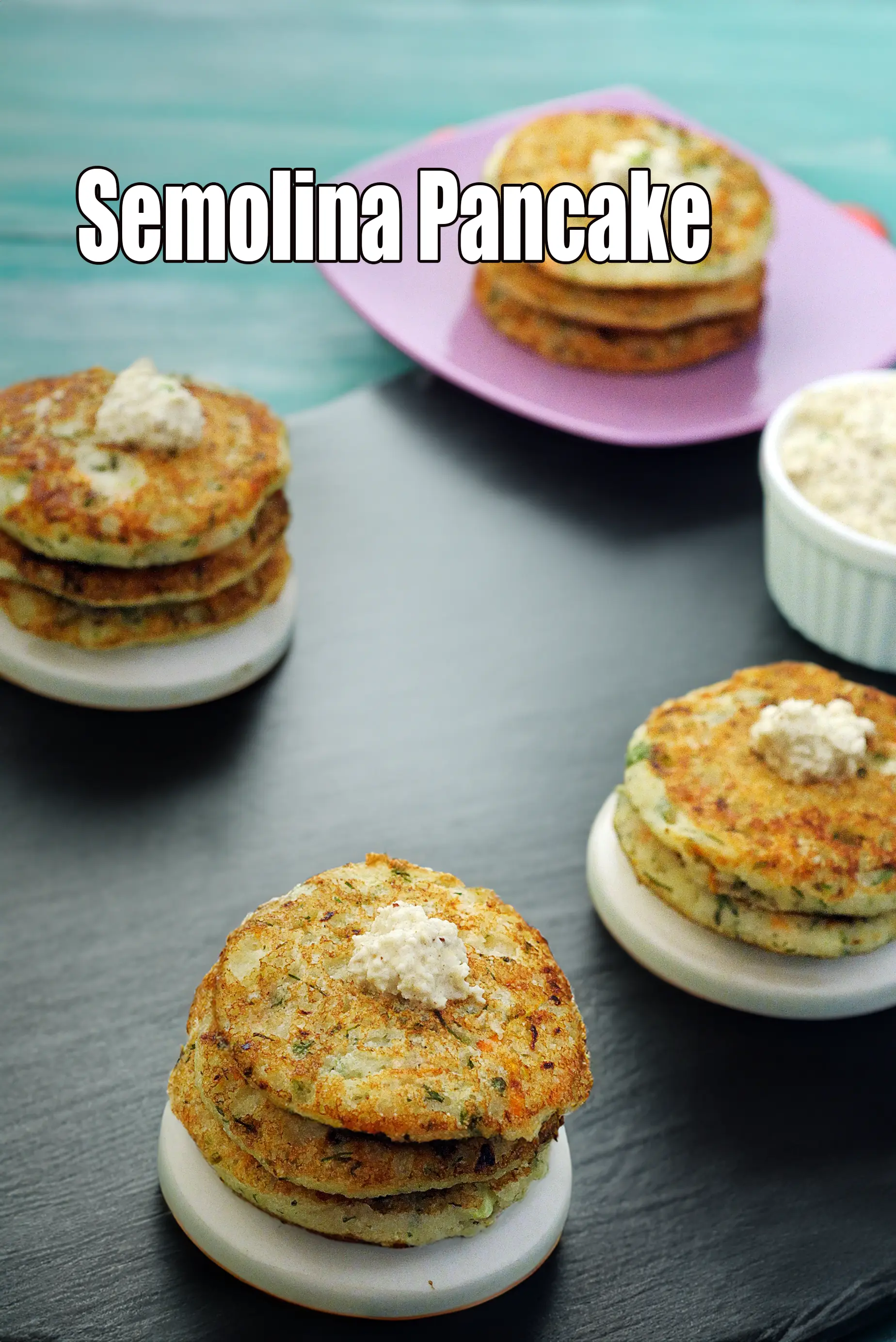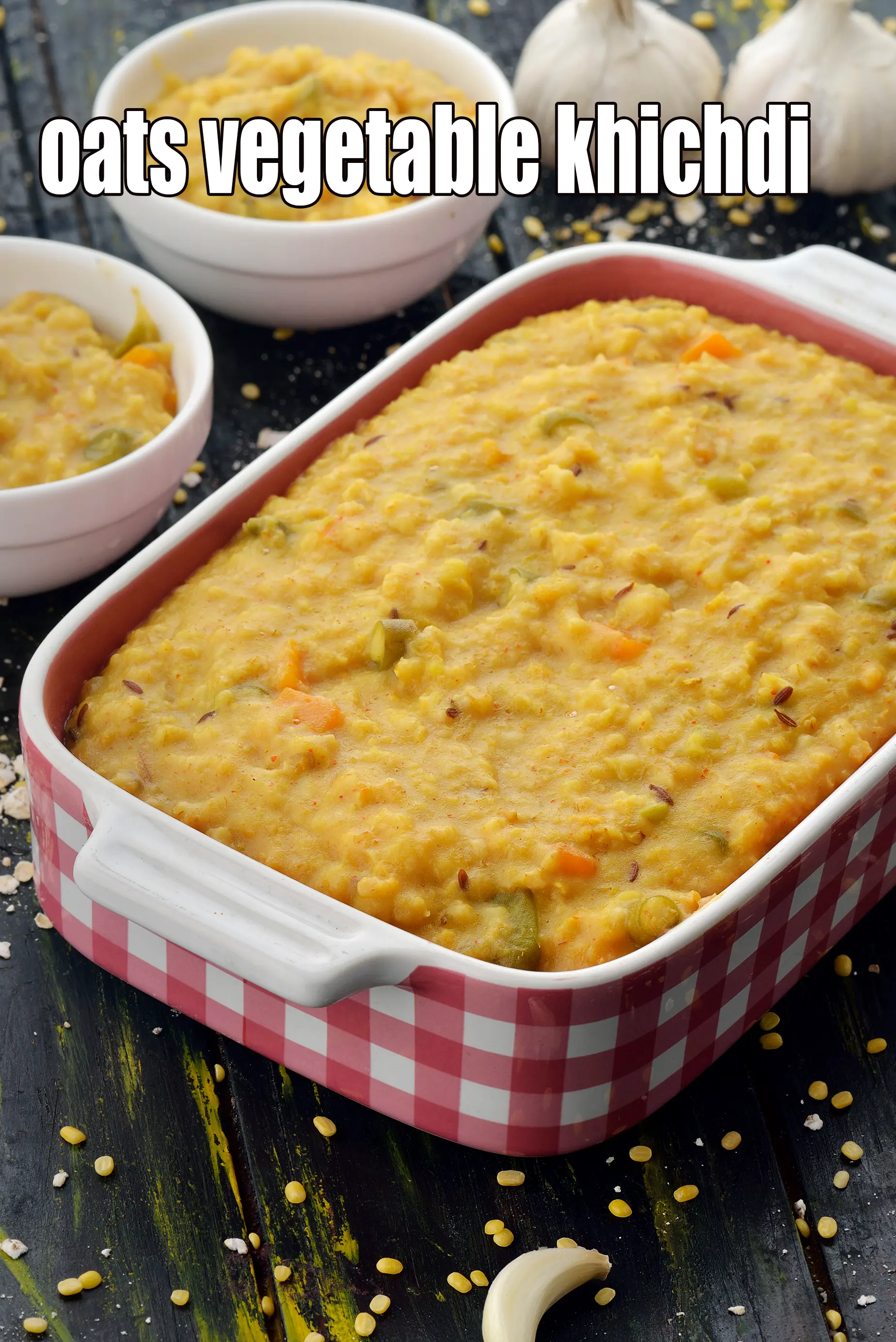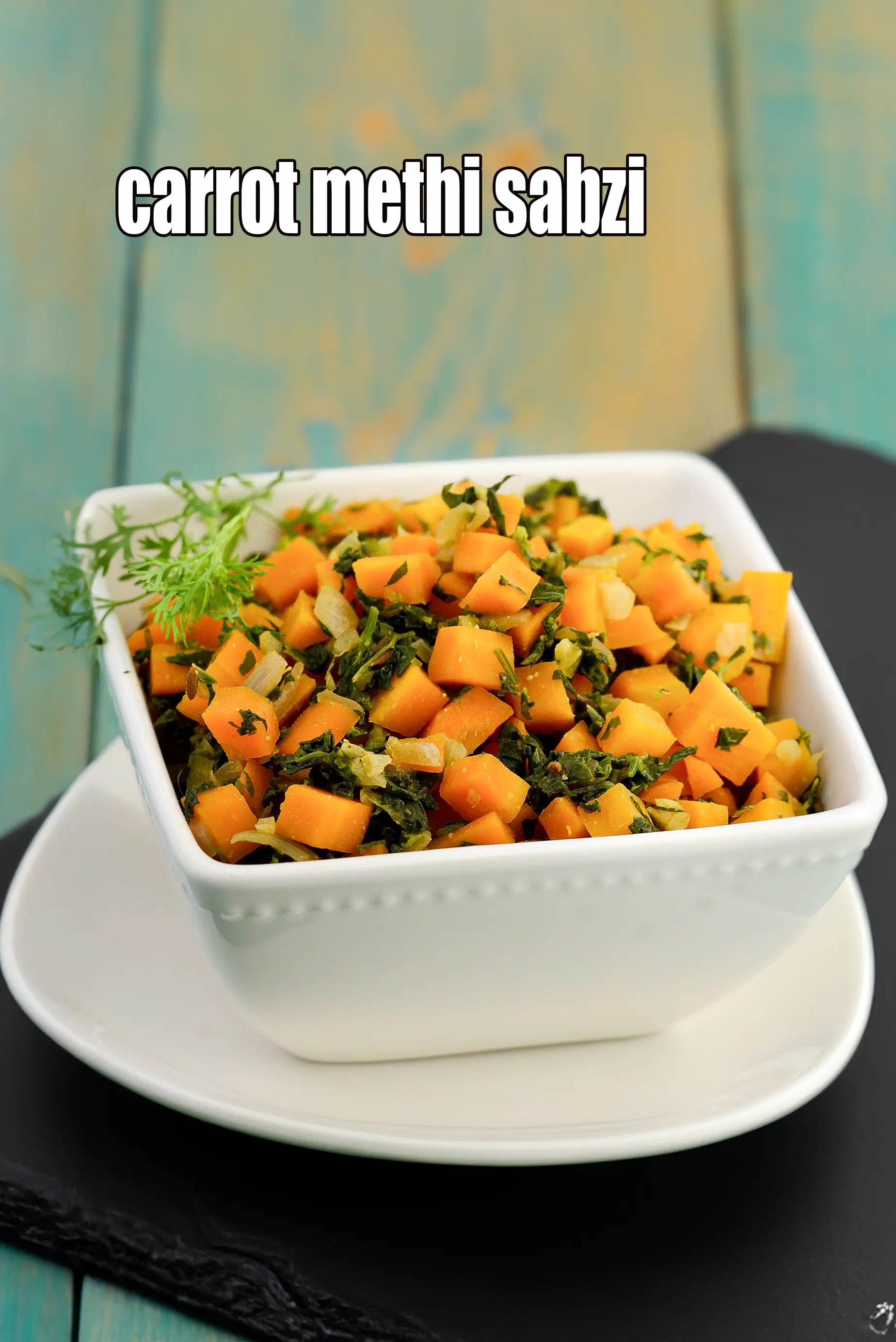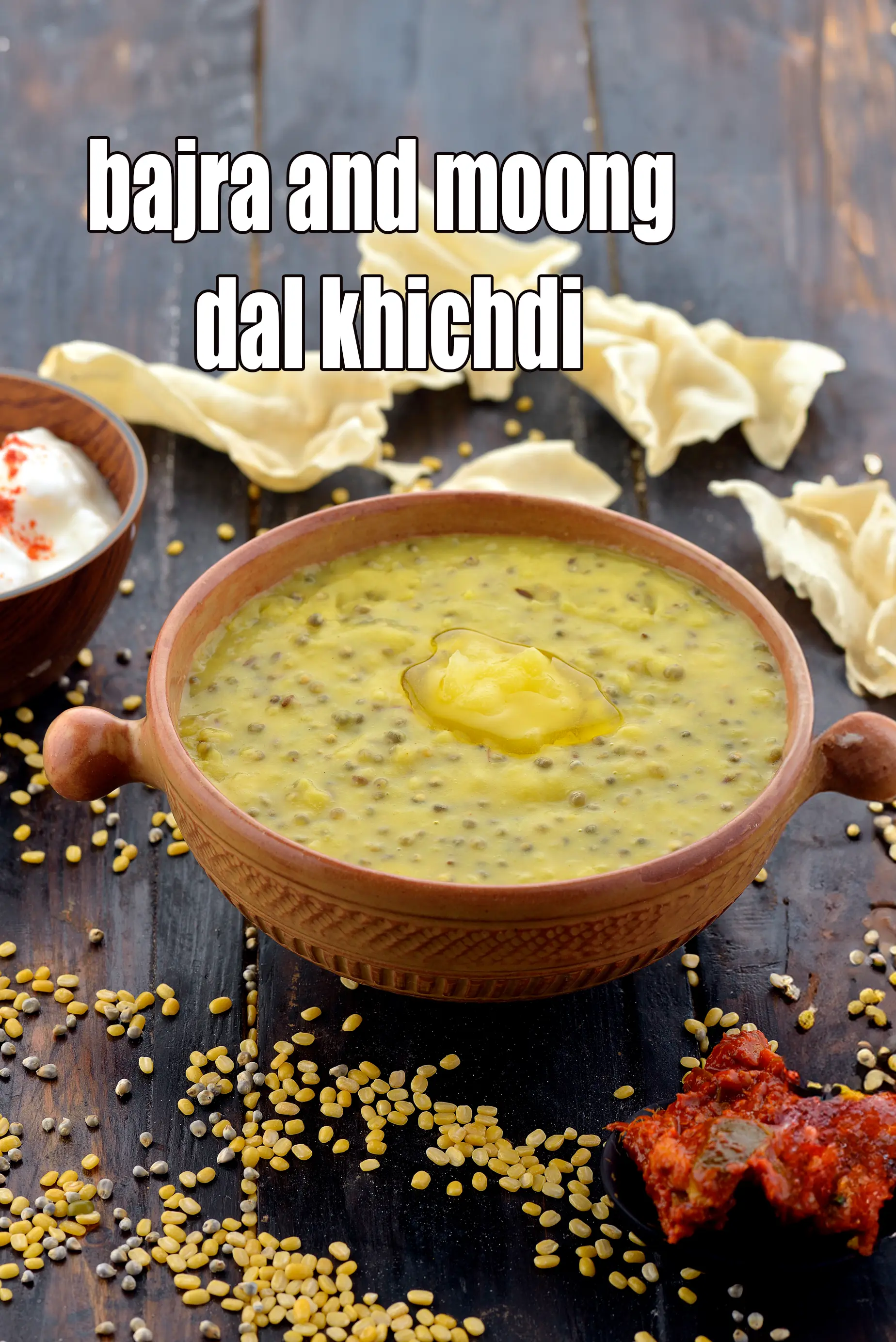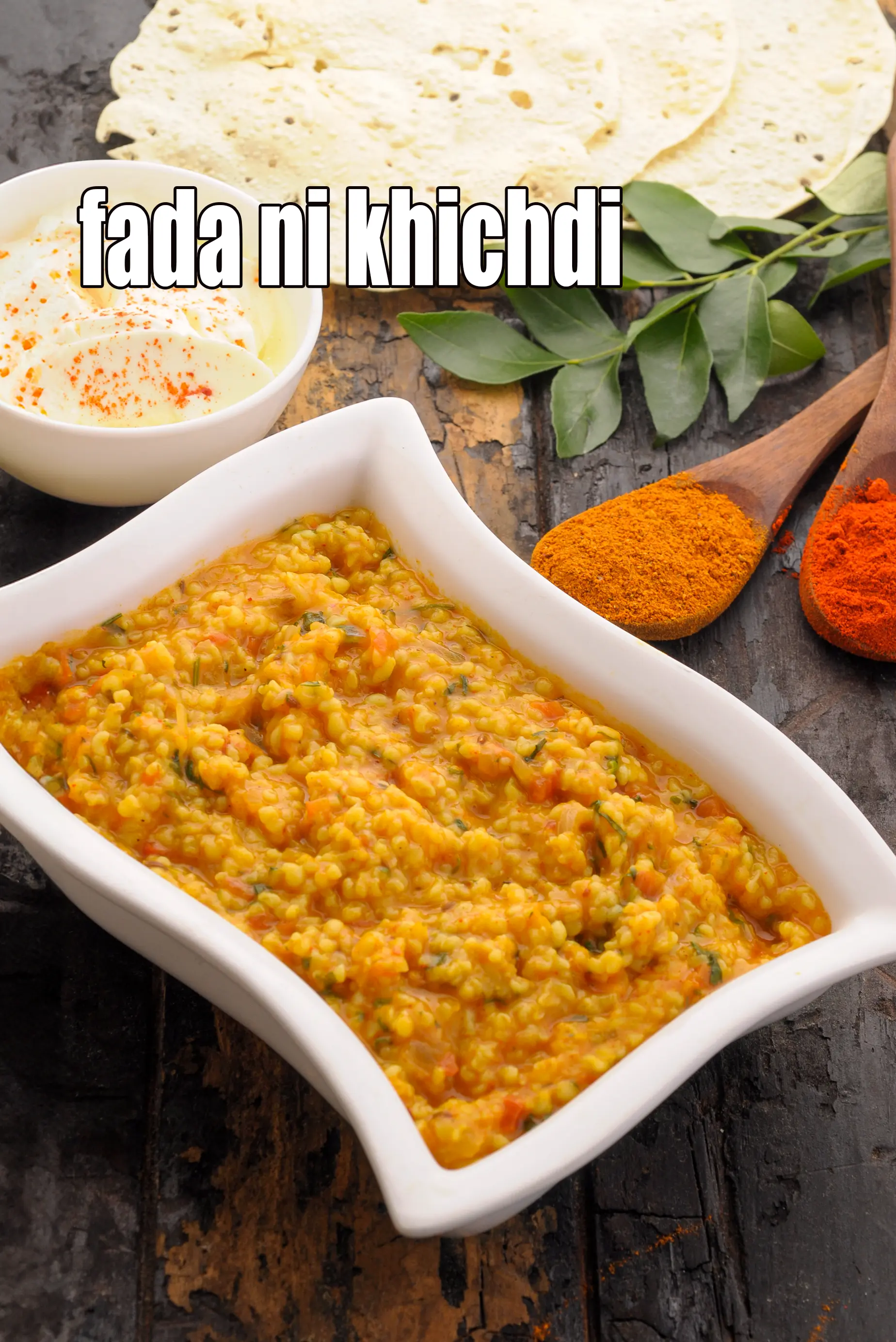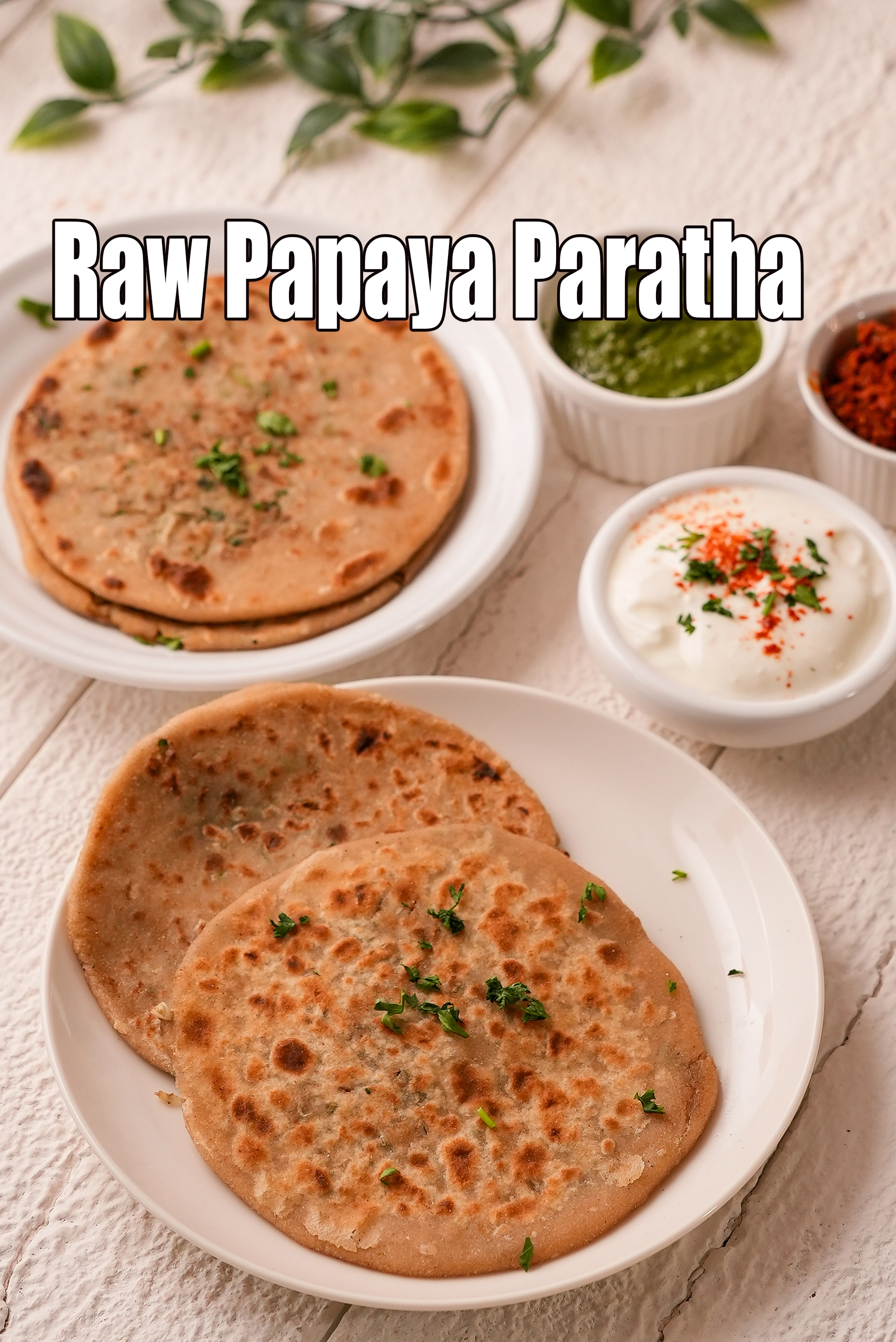Nutritional Facts of Oriental Vegetable Curry Or How To Make Oriental Vegetable Curry Recipe, Calories in Oriental Vegetable Curry Or How To Make Oriental Vegetable Curry Recipe
This calorie page has been viewed 13972 times
Healthy Indian Recipes
Healthy Indian Recipes
Healthy Indian Recipes
How many calories does one serving of Oriental Vegetable Curry have?
One serving of Oriental Vegetable Curry gives 320 calories. Out of which carbohydrates comprise 45 calories, proteins account for 14 calories and remaining calories come from fat which is 261 calories. One serving of Oriental Vegetable Curry provides about 16 percent of the total daily calorie requirement of a standard adult diet of 2,000 calories.
Click here to view. Oriental Vegetable Curry recipe. The famous Thai coconut curry is tweaked to suit the desi palate by adding a coriander-based onion paste and a tongue-tingling spice powder. The flavour and aroma of the paste intensifies when sautéed, enhanced even further by the addition of the dry spice powder. Coconut milk imparts a mellowness, which balances the spiciness very well indeed. All in all, this brilliant sauce becomes a perfect base for colourful and crunchy veggies, making the Oriental Vegetable Curry a really memorable accompaniment that can transform a simple meal of rotis and rice into a special one.
Is Oriental Vegetable Curry healthy?
Yes, this is healthy. But restrictions apply to some.
Let's understand the Ingredients.
What's good.
1. Mixed Vegetables : Mixed vegetables get the benefits of lots of nutrients as you are using cauliflower, carrots, cabbage, french beans and green peas. Cauliflower is extremely low in carbs and therefore does not raise blood glucose levels. Rich in Antioxidant and read here for detailed benefits of cauliflower. Cabbage is low in cal, relieves constipation, good for diabetics and see here all benefits of cabbage. Green peas are good for weight loss, good source of vegetarian protein, has insoluble fibre to relieve constipation. Is green peas good for diabetics and see full benefits of green peas.
2. Coconut Milk : Recent research says that not eating enough fat can actually make fat. But you need to choose the type of fat correctly. And the answer is MCT (Medium Chain Triglycerides) – which goes directly to the liver and does not get stored as fat in body. Coconut milk contains some amount of potassium which is beneficial for those with high blood pressure.The lauric acid present in coconut milk has a positive effect on cholesterol levels improves heart health too. Read detailed benefits of coconut milk.
3. Onions (pyaz, kanda) : Raw onions are a very valuable source of vitamin C – the immune building vitamin. Along with other phytonutrients from onions, it helps to build WBC (white blood cells) which serves as a line of defence against illness. Yes, it’s a source of many antioxidants, the most important one amongst them being Quercetin. The quercetin in Onions promotes production of HDL (good cholesterol) and lowers total cholesterol in the body. The sulphur in onions act as a blood thinner and prevents blood clotting too. This in turn would lower blood pressure and good for heart, diabetics. Read the benefits of onions.
4. Coriander (kothmir, dhania) : Coriander is a fresh herb often used as a flavour enhancer in Indian cooking. It is mainly used as a garnish. This is the best way to use it - no cooking. This preserves its vitamin C content which helps to build our immunity and bring that sparkle to the skin. The antioxidants vitamin A, vitamin C and the quercetin present in coriander works towards strengthening our immune system. Coriander is a fairly good source of iron and folate – the 2 nutrient which help in the production and maintenance of red blood cells in our blood. Good for reducing cholesterol and good for diabetics. Read 9 benefits of coriander to understand details.
5. Green Chillies : Antioxidant vitamin C in green chillies protects the body from effects of harmful free radicals and prevents stress. It is probably the high fiber which helps in controlling blood sugar levels. This it is a welcome addition to a diabetic diet. Suffering from anaemia? Add green chillies to your list of iron rich foods too. For complete details see benefits of green chilli.
6. Lemon, Lemon Juice : Lemon is a very good source of Vitamin C and thus helps in the production of white blood cells and antibodies in the blood which attacks invading microorganisms, prevents infection and builds immunity. Therefore, Lemon juice is given to prevent common cold. The ascorbic acid in lemon juice helps in absorption of iron from the food. So if you’re iron deficient or have anaemia squeeze a lemon on iron rich recipes. See detailed benefits of lemon, lemon juice.
7. Garlic : Garlic has been proven to lower cholesterol. The active ingredient allicin present in garlic aids in lowering blood pressure. Garlic is also alleged to help regulate blood glucose levels for diabetics. Garlic is great for the heart and circulatory system. Garlic has an antimicrobial, antiviral and antifungal function and can help in relieving common cold and other viral infections. To boost your immune system have a garlic clove a day. Garlic is a top anti viral food. The thiosulphate compound, Allicin found in garlic acts as a strong antioxidant and protects our body from damage of free radicals. Read here for complete benefits of garlic.
What's the problem?
1. Vegetable Oils : To some vegetable oil is only soyabean oil, while some promote it as a mix of oils like soyabean, canola, sunflower, corn and other omega-6 rich oils. These are often cheaper options than many oils, but they are highly processed oils. They are undoubtedly not to be reached out for, whether you are looking for salad dressings, sautéing or cooking. The 5 best oils used in cooking are olive oil (low temperature short time cooking), avocado oil, canola oil, coconut oil and peanut oil. You must read the super article to find the facts of which oil is the healthiest avoid vegetable oil.
Can diabetics, heart patients and over weight individuals have Oriental Vegetable Curry?
Yes, this recipe is good for diabetics, heart and weight loss BUT restricted quantity for diabetics. Recent research says that not eating enough healthy fat can actually make fat. But you need to choose the type of fat correctly like coconut milk. And the answer is MCT (Medium Chain Triglycerides) – which goes directly to the liver and does not get stored as fat in body. The lauric acid present in coconut milk has a positive effect on cholesterol levels improves heart health too.
Can healthy individuals have Oriental Vegetable Curry?
Yes. Mixed vegetables get the benefits of lots of nutrients as you are using cauliflower, carrots, cabbage, french beans and green peas. Cauliflower is extremely low in carbs and therefore does not raise blood glucose levels.
8 Pointers to get healthy on a Indian diet
1. Eat healthy and say yes to good home cooked food. Prefer whole grains like oatmeal, quinoa, buckwheat, barley and healthy flours like bajra flour, jowar flour, quinoa flour, wheat flour etc. rather than refined ones like maida. Have healthy Indian fats like ghee, coconut, coconut oil in your diet.
2. Opt out of junk food, packaged food, deep fried foods. Prefer steamed snacks and other non-fried snacks. Check out some Healthy Indian Snacks. Remember to eat small frequent meals through the day as that will keep you always full and prevent your blood sugar from dropping. By starving your body through some diet, will not help you one bit. In fact, dieting will make you binge on 2 to 3 meals which is not good.
3. Have 4 to 5 servings of vegetables and 2 to 3 servings of fruit is a must. Follow the logic of a vegetable in each main meal of the day and a fruit in-between meals. Check out a few Healthy Indian Soups and Healthy Indian Salads recipes using this food group.
4. Cut down on sugar and salt in your diet and pick honey ( very small amounts) or dates to sweeten your food. Slowly cut the sugar habit as this is not going to happen over night. Sugar is also called white poison. It is a simple carbohydrate with zero nutritional value. On intake, sugar will cause inflammation of the body which will last for many hours. It will spike your blood sugar level and shut down the fat burning process. This also causes high blood sugar levels in your body. The development of prediabetes comes from uncontrolled eating sugar and refined food products for many years and the classic symptom is if you have excess belly fat. This leads to diabetes and further onwards to heart attack, high blood pressure, strokes, impotence and kidney damage.
Salt and blood pressure. Apart from stress and obesity, one of the main reasons for high blood pressure is excessive sodium and salt intake. Most people find it difficult to limit the amount of salt in their cooking, thinking it will affect the taste of their favourite dishes.
This is not true. Bajra and jowar are rich in potassium and critical for those with High Blood Pressure as it lessens the impact of sodium. Eating more Potassium Rich Foods will remove more sodium from your body through urine. So include the basic bajra roti and jowar roti in your daily diet to have with Lower Blood Pressure Subzis Recipes.
5. Befriend a few healthy seeds and nuts like chia seeds, flax seeds, sesame seeds, walnuts and almonds.
6. Sprouts are called ‘living food’. They are high is most nutrients and easy to digest as well. Let them feature in your meals at least thrice a week. Also Read : All Benefits about Sprouts.
7. Exercise 45 minutes every day. No excuse. You can walk fast, run, do weights, play your favourite sport or go to the gym. No activity reduces muscle tissue which will lead to muscke loss and all kinds of problems with that.
8. Sleep early and get up early. Get your body into rhythm and it will function best. Sleep helps your body to recover and makes you look much younger. Also getting good sleep prevent muscle loss.
Oriental Vegetable Curry is high in
1. Vitamin C : Vitamin C is a great defence against coughs and colds.
2. Fiber : Dietary fiber reduce the risk of heart disease, prevent the spike in blood sugar levels and hence super for diabetics. Consume more fruits, vegetables, moong, oats, matki, whole grains.
Note : a recipe is deemed high in a Vitamin or mineral if it meets 20% and above the recommended daily allowance based on a 2,000 calorie diet.
How to burn 320 calories that come from Oriental Vegetable Curry?
Walking (6 kmph) = 1 hr 36 mins
Running (11 kmph) = 32 mins
Cycling (30 kmph) = 43 mins
Swimming (2 kmph) = 55 mins
Note: These values are approximate and calorie burning differs in each individual.
| Energy | 320 cal |
| Protein | 3.5 g |
| Carbohydrates | 11.2 g |
| Fiber | 7.9 g |
| Fat | 29 g |
| Cholesterol | 0 mg |
| Vitamin A | 560.1 mcg |
| Vitamin B1 | 0 mg |
| Vitamin B2 | 0.1 mg |
| Vitamin B3 | 0.6 mg |
| Vitamin C | 16.2 mg |
| Folic Acid | 12.2 mcg |
| Calcium | 36.5 mg |
| Iron | 1.3 mg |
| Magnesium | 0 mg |
| Phosphorus | 0 mg |
| Sodium | 12.3 mg |
| Potassium | 75 mg |
| Zinc | 0.2 mg |

Click here to view Oriental Vegetable Curry Or How To Make Oriental Vegetable Curry Recipe
Calories in other related recipes

